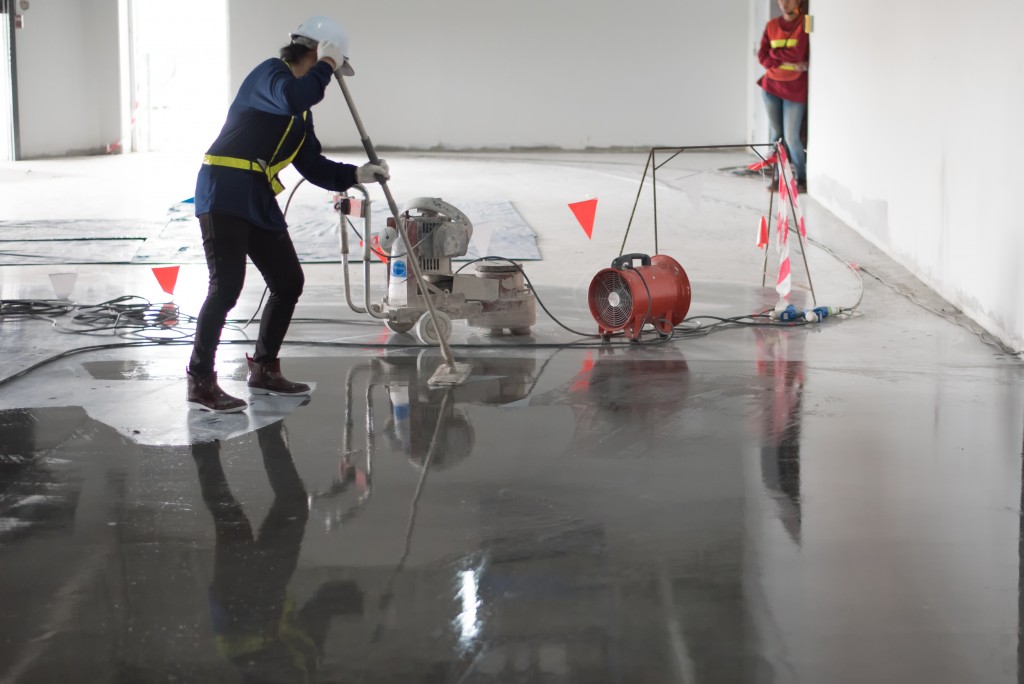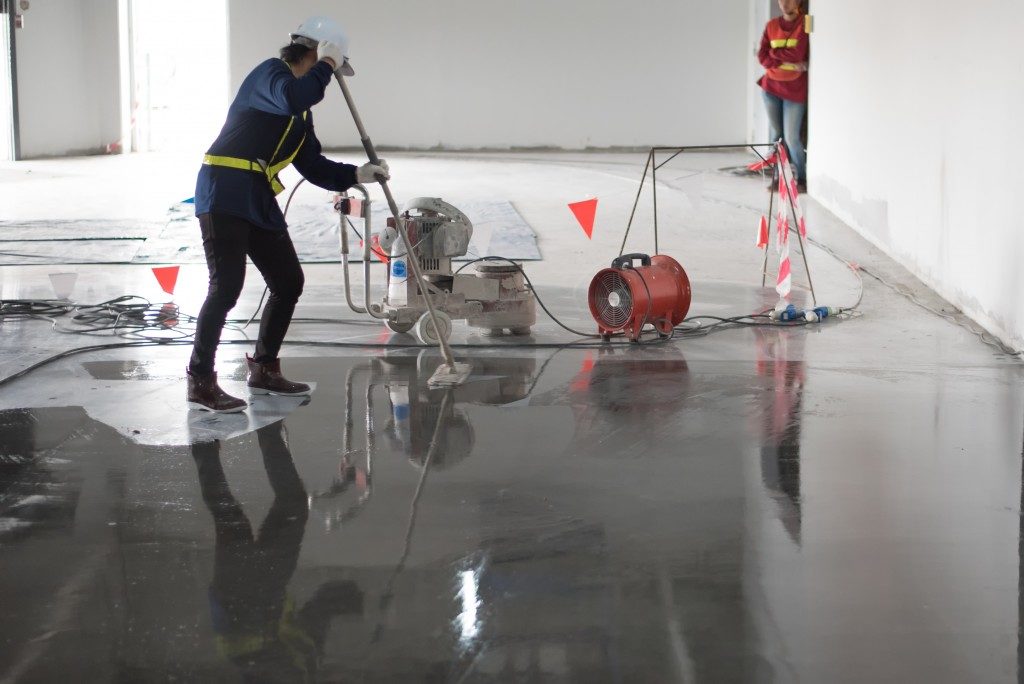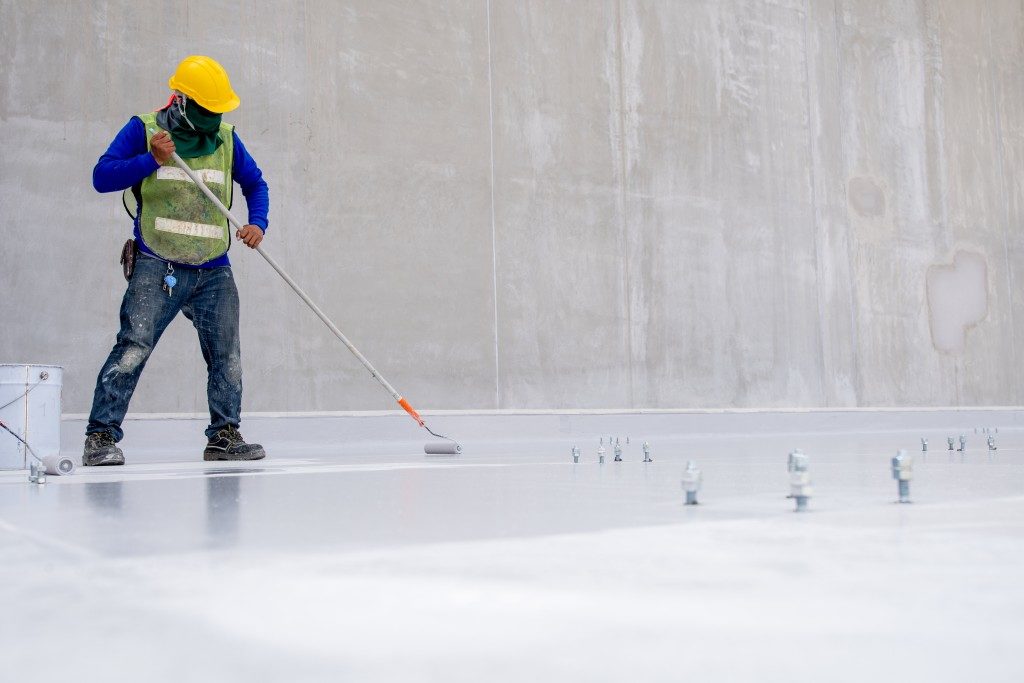Types of Sealers for Interior Concrete Floors


Property owners will not think twice about sealing their driveways and pavements. They, after all, know the impact of heavy traffic, UV rays and extreme temperatures on their asphalt and concrete exterior surfaces. Few will, however, invest in a sealer for their interior floors since these are protected from all outside elements. They soon find themselves dealing with frequent indoor floor repairs, cracks and extensive damage which warrant the installation of a new concrete floor due to the lack of a floor sealer.
Epoxy flooring contractors are the first thing most people will think of when they hear of concrete sealing. Other than epoxy, there is a range of products which will suffice for sealing of concrete. Some of them are however ineffective for the protection of interior floors from stains and water damage and keep them looking new. The following tidbits will help you pick from the best options for sealing interior concrete floors.
Polyaspartic Sealers
These are a variant of polyurea sealers. They are officially called polyaspartic aliphatic sealers. Their properties closely mirror those of polyurea coatings though they are cheaper than the latter and take more time to cure. Polyaspartic sealers form a durable and tough protective film over your concrete floor and have exceptional substrate adhesion owing to their high surface penetration and wetting. They can be used as a decorative or protective sealer for your concrete floor. Polyaspartics can however not be used on concrete which has been freshly laid and, they are slippery when wet.
Polyurethane Sealers
These are available as water or solvent-based formulations with colour enhancing or UV stabilising properties. They are hence the best alternative for interior floors with spray textures, stains, dyes, stamp overlays, and other decorative concrete works since they protect the design from scuffing and fading. Polyurethane sealers form a thick film on concrete surfaces, have low maintenance needs, are eco-friendly and have a higher heat and moisture resistance compared to other concrete sealers.
Epoxy Sealers

These come as two components which are mixed before their application. They are available in pigmented or clear varieties, and most will add a glossy finish to your concrete floor. Epoxy sealers are generally used on interior floors which are shaded from the sun since they yellow when exposed to UV rays. They are abrasion and water-resistant and durable. Their impermeability could, unfortunately, trap water under your concrete floor.
Silicate Sealers
These are often more of liquid than gel-like and will penetrate the surface of your floors. Since concrete is partially made of silicate hydrate, a silicate sealer essentially reinforces the building blocks of your concrete floor. The sealer thus increases your floor’s density and fills up the cracks and hairline gaps in it. This prevents the entry on harmful elements into the concrete.
Concrete sealing can be done on any day. There are some products however which cure faster and have better outcomes in hot weather while others cure best in high humidity. Before settling on the day for the application of the above sealers, discuss the best curing environment for your product with the installer and match it with the 48-hour weather forecast in your area.




